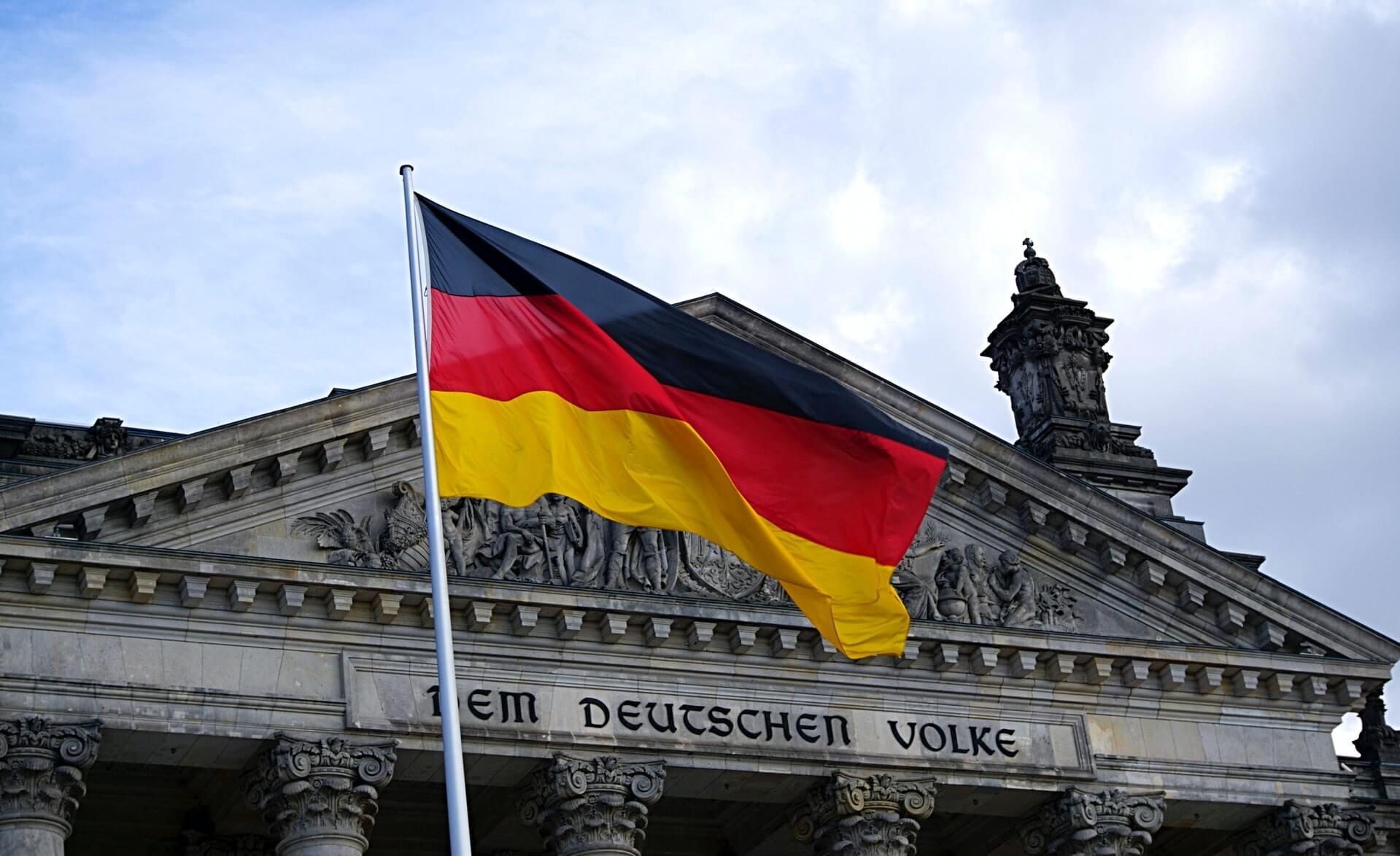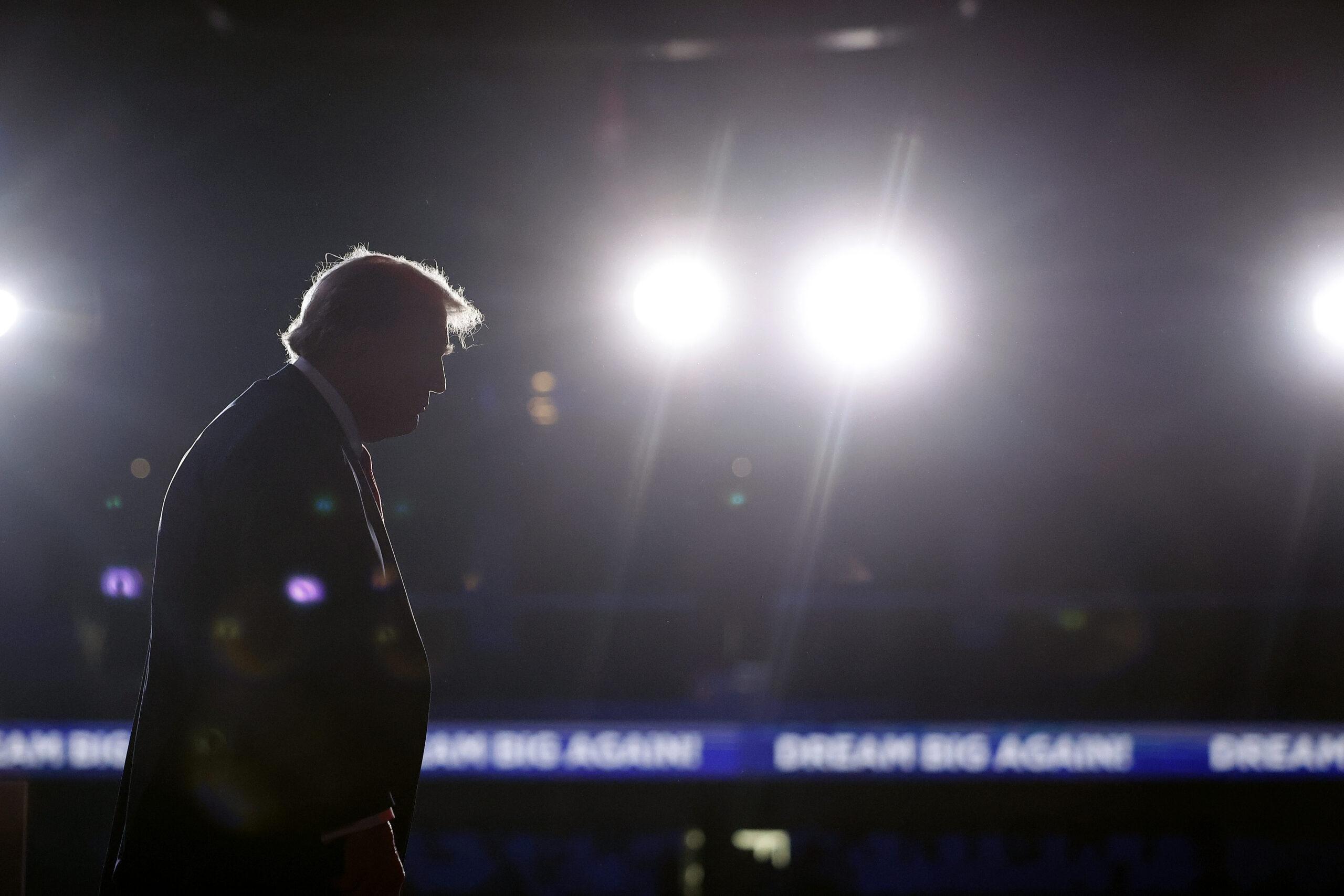In the corridors of power, the pillars of government teeter precariously as a seismic fissure cleaves the German political landscape. An acrimonious rift over economic policy has sent shockwaves through the nation, threatening to topple the carefully constructed edifice of the government. As the chasm widens, the once-unassailable facade of stability crumbles, leaving the future of the German governance hanging in the balance.
Economic Dissonance Threatens German Governments Stability
The German government is facing a growing threat to its stability as a rift between the coalition partners has emerged over economic policy. The Free Democratic Party (FDP), the junior partner in the coalition, has been pushing for tax cuts and a reduction in government spending, while the Social Democratic Party (SPD), the senior partner, has advocated for increased social spending and higher taxes on the wealthy.
The disagreement between the two parties has intensified in recent months, as the economic outlook for Germany has deteriorated. The country is facing a recession and high inflation, and the government is under pressure to take action to address the crisis. However, the FDP and SPD have been unable to agree on a common approach, leading to deadlock in the government.

Unraveling the Rift: Specific Impacts and Potential Outcomes
The growing divide within the German government over economic policy has spurred concerns that the coalition may be on the verge of collapse. The rift centers around competing visions for the country’s financial future, with Chancellor Olaf Scholz advocating for increased spending to stimulate the economy, while Finance Minister Christian Lindner insists on maintaining a balanced budget. The conflict between these two approaches has escalated in recent weeks as economic indicators have worsened, with the German economy facing high inflation, declining consumer confidence, and a potential recession looming.
The potential outcomes of a government collapse are significant. If the coalition breaks apart, it could lead to new elections and a prolonged period of political instability. This could further damage the German economy and undermine its international standing. Additionally, it would likely result in a delay in the implementation of key policies, such as those aimed at addressing climate change and social inequality.
Navigating the Crisis: Proposals for Reconciliation and Stability
Reconciling Divides for Economic Recovery
Amidst the deepening rift within the German government over the economy, various proposals emerge to foster reconciliation and stability. Key recommendations include:
Establish a bipartisan economic commission: Composed of experts from different political parties, this commission would develop consensus-based economic policies that address both short-term and long-term challenges.
Facilitate dialogue between government and business leaders: Regular meetings and collaborations would foster dialogue, enabling the sharing of perspectives and the identification of common ground.
* Implement tax reforms to promote growth: Comprehensive tax reforms aimed at incentivizing investment and reducing the burden on businesses could stimulate economic activity and create jobs.
Key Takeaways
As the curtains fall on this tale of political unrest, the future of Germany’s government hangs in the balance. The chasm that has divided the coalition may prove too wide to bridge, leaving the nation at a crossroads. Only time will tell if the bonds of unity can be mended or if the current government is destined to crumble into oblivion.
